The Instructional Dean serves as an educational leader, collaborating with staff to oversee academic programs, ensuring alignment with institutional goals and fostering a supportive learning environment for students.
1.1 Definition and Overview
The Instructional Dean is a senior academic administrator responsible for overseeing educational programs, ensuring alignment with institutional goals, and fostering academic excellence. This role involves supervising faculty, coordinating curriculum development, and maintaining academic integrity. The dean serves as a liaison between staff, students, and stakeholders, addressing instructional needs and promoting innovative teaching strategies. By leading with a vision for student success, the Instructional Dean plays a pivotal role in shaping the academic environment and upholding institutional standards. This position requires strong leadership, strategic planning, and a commitment to continuous improvement in education.
1.2 Importance in Educational Institutions
The Instructional Dean plays a vital role in maintaining academic excellence and institutional effectiveness. By overseeing curriculum design and implementation, they ensure that educational programs align with strategic goals and meet student needs; Their focus on faculty evaluation and development directly impacts teaching quality, fostering an environment of continuous improvement. Additionally, their role in academic integrity upholds the institution’s reputation and standards. The Instructional Dean’s influence extends to student success, engagement, and support services, ensuring a well-rounded educational experience. Their leadership and vision are essential for driving innovation and collaboration, making them a cornerstone of educational institutions.

Key Responsibilities of an Instructional Dean
The Instructional Dean coordinates teachers, designs curriculum, evaluates faculty performance, and ensures academic integrity, playing a central role in maintaining educational quality and institutional standards effectively.
2.1 Coordinating Teachers and Goals
The Instructional Dean ensures alignment of teaching strategies with institutional objectives by fostering collaboration among educators. They work to harmonize teacher efforts, establish clear academic targets, and monitor progress toward these goals. By maintaining open communication channels, the dean helps educators stay focused on shared priorities, such as improving student outcomes and integrating innovative teaching methods. This role also involves addressing challenges that arise during implementation and providing resources to support teachers in achieving their objectives effectively. Through this coordination, the Instructional Dean plays a pivotal role in creating a cohesive and goal-oriented academic environment that benefits both students and faculty alike.
2.2 Designing and Implementing Curriculum
The Instructional Dean plays a central role in curriculum development, ensuring it aligns with institutional goals and meets student needs. They assess current programs, identify gaps, and propose updates to stay relevant. By collaborating with faculty and experts, the dean designs curricula that foster critical thinking, innovation, and skill development. Implementation involves training educators, allocating resources, and monitoring progress to ensure seamless adoption. The dean also evaluates curriculum effectiveness through feedback and outcomes, making adjustments as needed. This process ensures the curriculum remains dynamic, preparing students for future challenges while maintaining academic excellence and relevance in a changing educational landscape.
2.3 Evaluating Faculty and Staff Performance
Evaluating faculty and staff performance is a critical responsibility of the Instructional Dean. They establish clear performance criteria and conduct regular assessments to ensure teaching and operational excellence. This includes classroom observations, reviewing student feedback, and analyzing instructional outcomes. The dean provides constructive feedback to improve teaching methods and professional growth. They also identify underperformance and develop remediation plans, ensuring all staff meet institutional standards. Additionally, the dean recognizes outstanding performance, fostering a culture of accountability and continuous improvement. These evaluations help align faculty efforts with institutional goals, ensuring a high-quality educational experience for students while supporting the professional development of educators.
2.4 Ensuring Academic Integrity
Ensuring academic integrity is a fundamental role of the Instructional Dean, who upholds ethical standards and fosters a culture of honesty. They develop policies and procedures to prevent plagiarism, cheating, and other academic dishonesty. The dean collaborates with faculty to promote fair assessment practices and ensures transparency in grading. They also address violations of academic integrity through investigations and disciplinary actions, while educating students and staff about the importance of ethical behavior. By maintaining high standards, the dean safeguards the institution’s reputation and ensures the quality of educational outcomes. This commitment to integrity creates a trustworthy and responsible academic environment for all stakeholders.
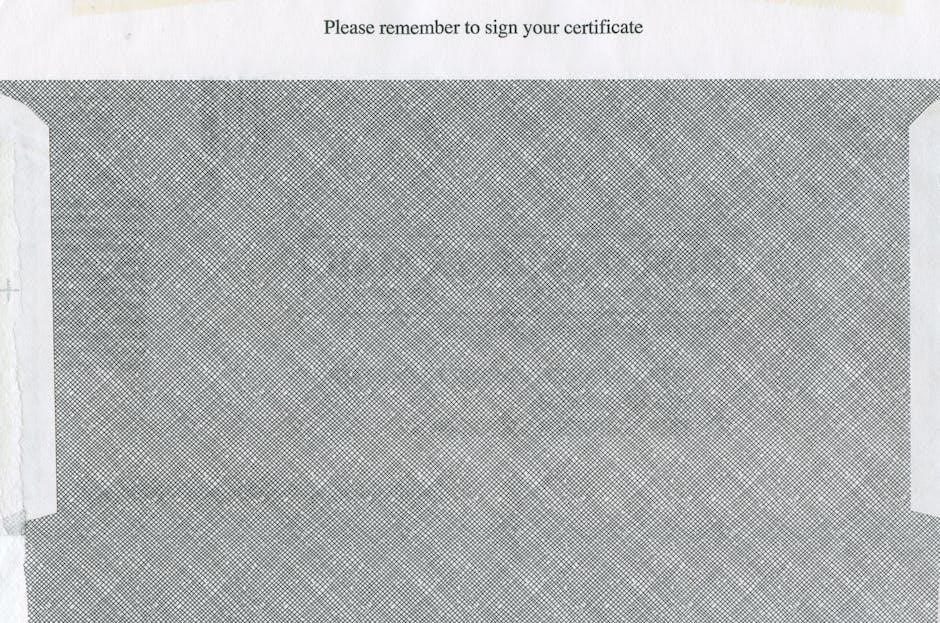
Leadership and Vision
The Instructional Dean provides visionary leadership, guiding the institution toward achieving its academic goals and fostering a culture of innovation and excellence in education.
3.1 Providing Visionary Leadership
An Instructional Dean exemplifies visionary leadership by setting a clear, long-term direction for academic programs, aligning them with the institution’s mission and strategic goals. They inspire and motivate faculty, staff, and students to embrace innovation and excellence. By fostering a culture of continuous improvement, the dean ensures that the institution remains competitive and relevant in a rapidly changing educational landscape. Effective communication and collaboration are key, as they build consensus and drive initiatives that enhance teaching, learning, and student success. The dean’s leadership not only shapes the academic environment but also influences the broader community, creating a lasting impact on education.
3.2 Fostering Collaboration Among Departments
An Instructional Dean plays a pivotal role in fostering collaboration among academic departments by creating opportunities for interdisciplinary dialogue and teamwork. They encourage shared resources, joint projects, and aligned goals to promote a cohesive academic environment. By facilitating regular meetings and workshops, the dean helps break down silos and enhances communication across disciplines. This collaboration not only enriches curriculum design but also strengthens institutional effectiveness. The dean’s efforts ensure that faculty and staff work together seamlessly, leveraging diverse expertise to address challenges and innovate. Such collaborative efforts ultimately enhance the quality of education and create a more integrated, supportive learning community for students.
3.3 Promoting Excellence in Instruction
Promoting excellence in instruction is a cornerstone of an Instructional Dean’s role. They set high academic standards, ensuring that teaching methods are innovative and aligned with institutional goals. By providing faculty with professional development opportunities, the dean empowers educators to refine their skills and adopt best practices. Recognizing and rewarding outstanding instructional achievements further motivates faculty to excel. The dean also fosters a culture of continuous improvement, encouraging the use of data-driven strategies to enhance teaching effectiveness. By prioritizing pedagogical excellence, the dean ensures that students receive a high-quality education, preparing them for success in their academic and professional pursuits.

Faculty Support and Development
The Instructional Dean empowers faculty by providing professional development, mentoring, and resources to enhance teaching and scholarly work, fostering a culture of continuous growth and excellence.
4.1 Professional Development Opportunities
The Instructional Dean plays a pivotal role in fostering faculty growth by offering professional development opportunities. This includes workshops, training programs, and conferences that enhance teaching methodologies and technological proficiency. By encouraging participation in these initiatives, the dean ensures faculty stay updated on best practices and educational trends. Additionally, opportunities for advanced degrees, certifications, and leadership training are often facilitated. Such efforts not only improve instructional quality but also promote a culture of lifelong learning. The dean collaborates with departments to tailor development programs, addressing specific needs and fostering innovation in the classroom. These initiatives ultimately strengthen faculty capabilities, benefiting both educators and students alike.
4.2 Mentoring and Coaching
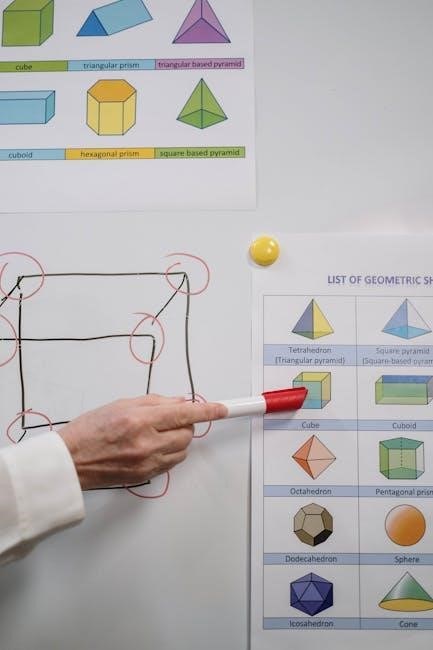
Mentoring and coaching are essential functions of an Instructional Dean to support faculty growth and effectiveness. The dean pairs experienced educators with new or developing faculty, fostering a supportive environment for skill enhancement. Regular meetings and feedback sessions are conducted to address challenges and refine teaching strategies. This personalized approach ensures faculty receive tailored guidance, improving their instructional techniques and confidence. Additionally, the dean may organize peer mentoring programs to encourage knowledge sharing and collaboration. By nurturing professional relationships, the Instructional Dean strengthens the faculty’s collective capacity, ensuring high-quality education and fostering a culture of continuous improvement and mutual support within the institution.
4.3 Recognizing and Rewarding Excellence
Recognizing and rewarding excellence is a critical role of an Instructional Dean to motivate faculty and staff. The dean establishes programs to acknowledge outstanding performance, such as awards, public recognition, or financial incentives. These initiatives foster a culture of achievement and reinforce high standards. By celebrating successes, the dean boosts morale and encourages continuous improvement. Additionally, recognizing excellence aligns with institutional goals, promoting a sense of pride and shared purpose. The dean ensures that these efforts are fair, transparent, and aligned with the institution’s mission, creating a positive and inspiring work environment that drives faculty to excel in their contributions to education and student success.

Student Success and Engagement
The Instructional Dean promotes student success and engagement by implementing strategies that support academic achievement, provide necessary resources, and foster a positive learning environment for all students.
5.1 Academic Advising and Support
The Instructional Dean oversees academic advising programs to ensure students receive personalized guidance, helping them navigate curricula and achieve their educational goals. They collaborate with faculty advisors to provide tailored support, addressing academic challenges and career aspirations. By fostering a supportive environment, the dean ensures students have access to resources like workshops, tutoring, and online tools to track their progress. This proactive approach not only enhances student success but also strengthens the institution’s commitment to student-centered education, ensuring learners are well-equipped to excel academically and beyond.
5.2 Enhancing Student Engagement
The Instructional Dean plays a pivotal role in fostering student engagement by promoting activities that encourage active participation in the educational experience. This includes supporting extracurricular programs, student organizations, and leadership development opportunities. By creating an inclusive environment, the dean ensures students feel connected to the institution and motivated to succeed. Additionally, they advocate for the use of technology and innovative teaching methods to make learning interactive and relevant. These efforts not only enhance student satisfaction but also improve retention rates and overall academic performance, creating a more dynamic and engaged learning community that prepares students for future success. This focus strengthens the institution’s mission.
5.3 Providing Support Services
The Instructional Dean ensures that students have access to essential support services to facilitate their academic and personal growth. This includes overseeing academic advising, tutoring programs, and mental health resources to address students’ diverse needs. The dean collaborates with support staff to identify gaps in services and implement solutions. By fostering partnerships with counselors, advisors, and wellness professionals, the dean ensures a holistic approach to student success. These services not only enhance academic performance but also contribute to students’ overall well-being, creating a supportive environment that encourages persistence and achievement. The dean’s role in providing these resources is critical to fostering a thriving academic community.
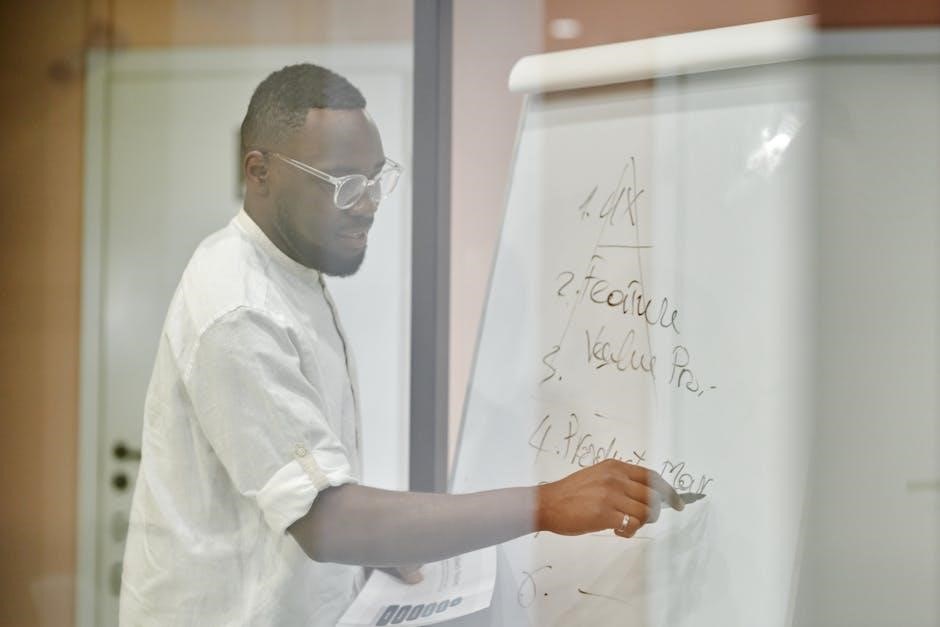
Policy Development and Implementation
The Instructional Dean plays a key role in developing and implementing educational policies that align with institutional goals and regulatory requirements, ensuring compliance and academic excellence.
6.1 Developing Educational Policies
The Instructional Dean is instrumental in crafting educational policies that promote academic excellence and innovation. They collaborate with stakeholders to ensure policies align with institutional goals and address student and faculty needs. By analyzing current trends and challenges, the dean develops frameworks that enhance teaching methods, curriculum design, and student outcomes. Policies are designed to foster equity, inclusivity, and accountability, ensuring all learners have access to quality education. The dean also ensures that policies are adaptable to evolving educational landscapes, maintaining relevance and effectiveness. This role requires balancing diverse perspectives while upholding the institution’s mission and values.
- Policies focus on improving student success and faculty support.
- They emphasize innovation and adaptability in education.
6.2 Ensuring Compliance with Regulations
The Instructional Dean plays a critical role in ensuring that all academic programs and operations comply with federal, state, and institutional regulations. They monitor compliance with accrediting standards, legal requirements, and policy mandates to maintain institutional integrity. Regular audits and reviews are conducted to identify and address potential violations. The dean collaborates with legal teams and departments to stay informed about regulatory changes and implement necessary adjustments. By fostering a culture of accountability, the dean ensures that all faculty and staff adhere to ethical and legal standards, safeguarding the institution’s reputation and operational continuity. Compliance is integral to upholding academic excellence and student trust.

- Regular audits ensure adherence to regulatory standards.
- Collaboration with legal teams maintains compliance.
- Accountability is enforced across all departments.
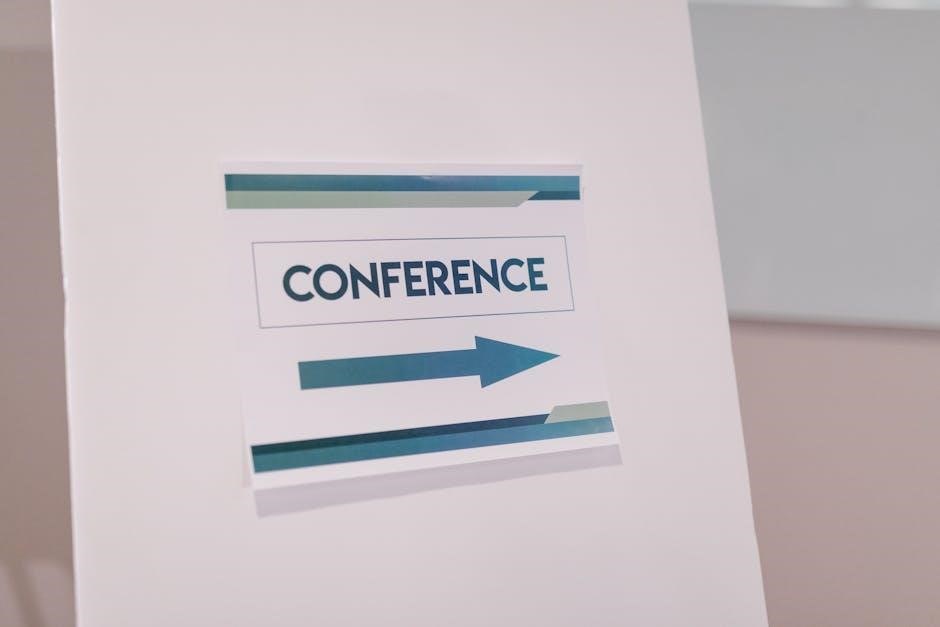
Resource Management
The Instructional Dean oversees the allocation and utilization of resources, ensuring efficient use of budgets, facilities, and technology to support academic goals and operational needs effectively.
7.1 Budget Management and Allocation
The Instructional Dean is responsible for overseeing the budget, ensuring funds are allocated to meet academic and operational needs. They plan and manage financial resources strategically, prioritizing initiatives that enhance teaching and learning. This involves collaborating with departments to identify budget requirements, monitoring expenditures, and ensuring alignment with institutional goals. The dean also seeks to optimize resource distribution, balancing immediate needs with long-term investments in infrastructure and technology. By maintaining fiscal discipline and transparency, the Instructional Dean ensures that financial decisions support the institution’s mission and foster a sustainable academic environment for both faculty and students.
7.2 Managing Educational Resources
Managing educational resources is a critical responsibility of the Instructional Dean, ensuring that materials, technology, and facilities support effective teaching and learning. This involves assessing resource needs, distributing them equitably, and maintaining their quality. The dean oversees the acquisition of textbooks, digital tools, and equipment, ensuring they align with curriculum goals. They also manage classroom spaces and laboratories to create optimal learning environments. By strategically allocating resources, the Instructional Dean helps faculty deliver high-quality instruction and supports student success. This role requires balancing resource availability with budget constraints while prioritizing innovation and accessibility to meet the evolving needs of the academic community.
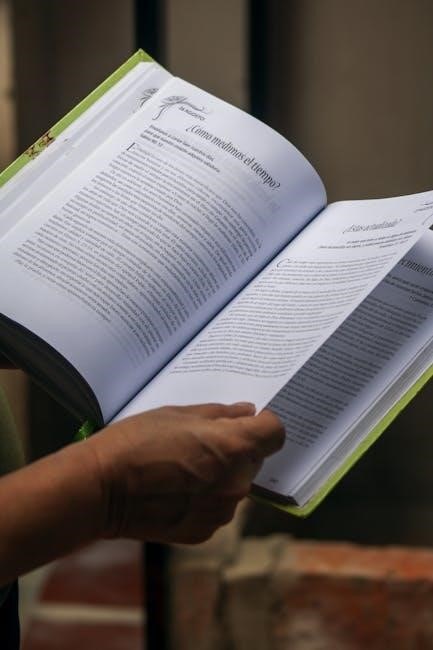
Communication and Stakeholder Engagement
The Instructional Dean ensures effective communication among faculty, staff, and students. They foster external partnerships and engage the community to align educational goals with broader societal needs.
8.1 Internal Communication Strategies
The Instructional Dean implements internal communication strategies to ensure transparency and alignment among faculty, staff, and administrators. Regular meetings, emails, and digital platforms are used to share updates, goals, and resources. They also establish feedback loops to gather input from stakeholders, fostering a collaborative environment. Clear and consistent messaging helps maintain unity and direction across departments. By promoting open dialogue, the dean ensures that all team members are informed and engaged in achieving institutional objectives. Effective internal communication strengthens coordination and supports a cohesive approach to education and student success.
8.2 External Communication and Partnerships
The Instructional Dean plays a pivotal role in establishing and maintaining external communication and partnerships. They engage with local communities, industries, and educational institutions to foster collaborative opportunities. By representing the institution at events and conferences, the dean promotes its mission and builds relationships with stakeholders. Partnerships are cultivated to enhance educational programs, provide resources, and create opportunities for students and faculty. Effective external communication involves sharing successes, challenges, and goals through newsletters, social media, and press releases. These efforts not only strengthen the institution’s reputation but also attract support and resources, ensuring alignment with broader educational and community objectives.
8.3 Community Engagement Initiatives
The Instructional Dean is instrumental in driving community engagement initiatives that foster connections between the institution and local stakeholders. They often organize outreach programs, such as workshops, seminars, and community events, to address educational needs and promote lifelong learning. By collaborating with local organizations, the dean helps develop partnerships that support student success and community development. These initiatives may include literacy programs, career fairs, or cultural events, all aimed at building trust and fostering mutual benefits. The dean’s efforts ensure the institution remains a vital resource, creating opportunities for dialogue and collaboration that strengthen ties with the broader community.
